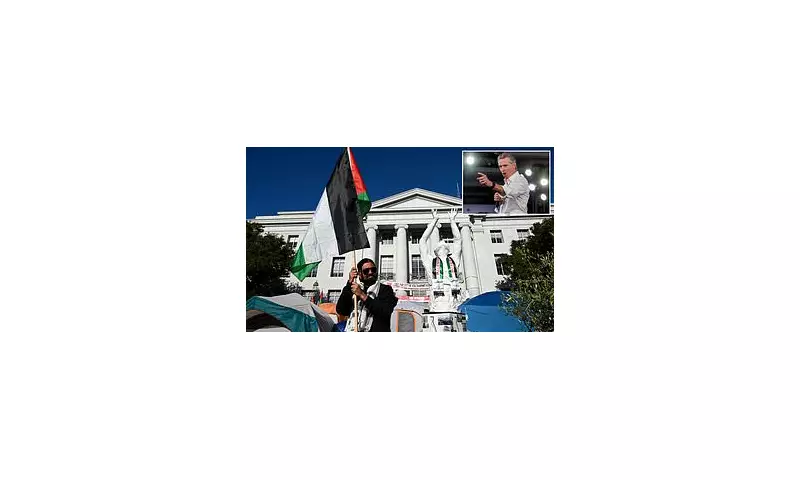
In a move that has ignited fierce debate across the political spectrum, California Governor Gavin Newsom has signed into law a controversial bill that formally adopts the International Holocaust Remembrance Alliance (IHRA) definition of anti-Semitism.
The legislation, known as AB 2288, requires state agencies and educational institutions to use this specific definition when investigating discrimination complaints, marking a significant shift in how anti-Semitic incidents will be addressed throughout the state.
The Core Controversy
At the heart of the debate lies the IHRA definition's treatment of criticism toward Israel. The definition includes examples that classify certain forms of anti-Israeli rhetoric as potentially anti-Semitic, particularly when applying double standards or drawing comparisons to Nazi Germany.
Free speech advocates and civil liberties organisations have raised alarm bells, arguing the legislation could stifle legitimate political discourse about Israeli policies on college campuses and beyond.
Governor's Balancing Act
Governor Newsom acknowledged the delicate balance required in his signing statement, emphasising that "this bill does not apply to protected speech activities" under the First Amendment.
He stressed that the legislation provides "critical clarity" for identifying and addressing anti-Semitism while maintaining constitutional protections for free expression.
Campus Implications
The timing coincides with heightened tensions on California campuses during pro-Palestinian protests. Educational institutions now face the complex task of distinguishing between protected political speech and actionable harassment under the new legal framework.
Jewish organisations supporting the bill argue it provides necessary tools to combat rising anti-Semitism, while opponents fear it could be weaponised against legitimate criticism of Israeli government actions.
National Context
California joins numerous other states and the federal government in adopting the IHRA definition, though the legislation's implementation and enforcement will be closely watched as a potential model—or cautionary tale—for other jurisdictions.
The debate reflects broader national conversations about where to draw the line between combating hate speech and protecting academic freedom and political discourse.





